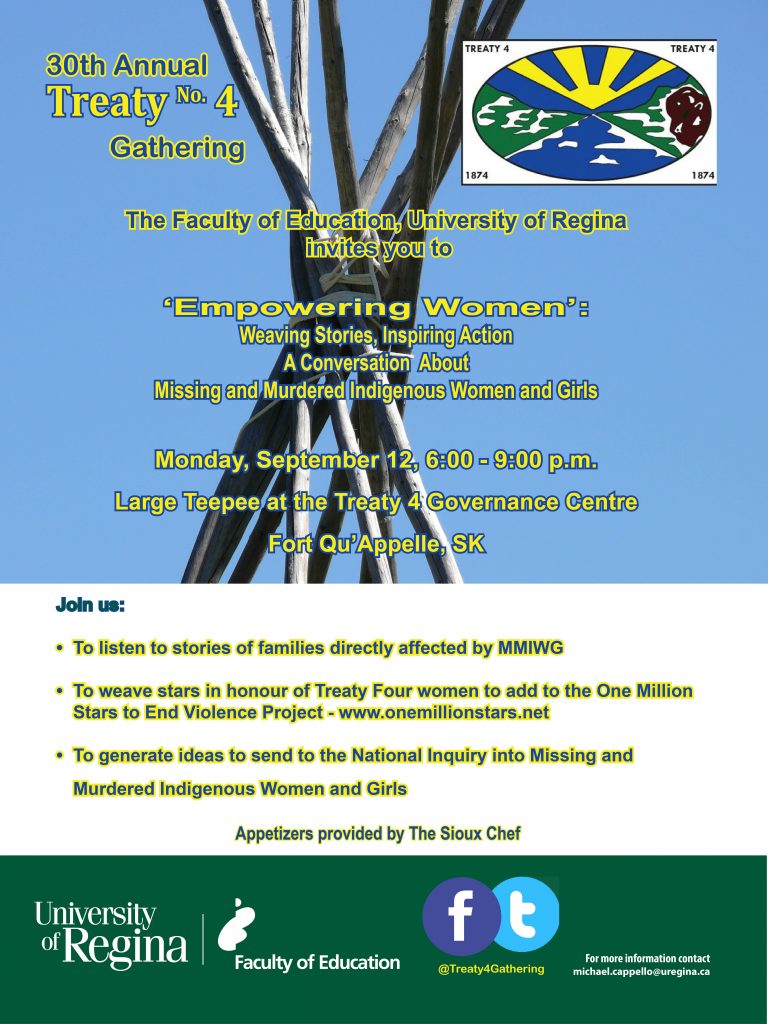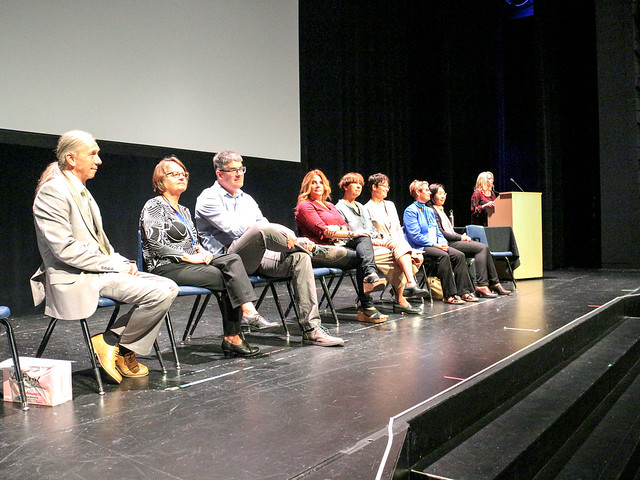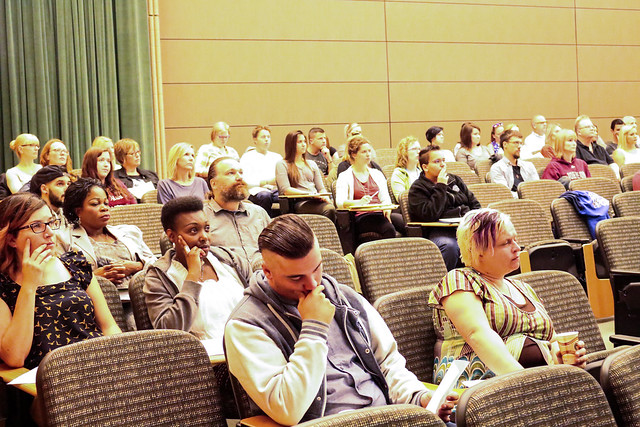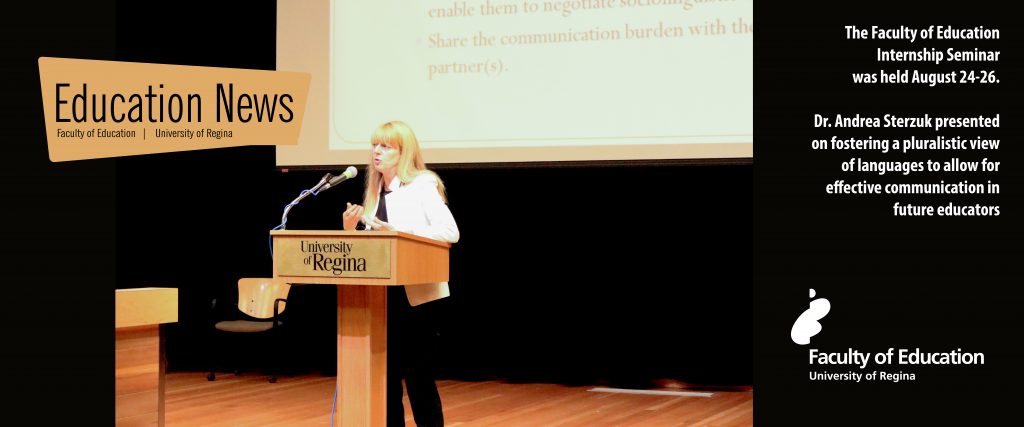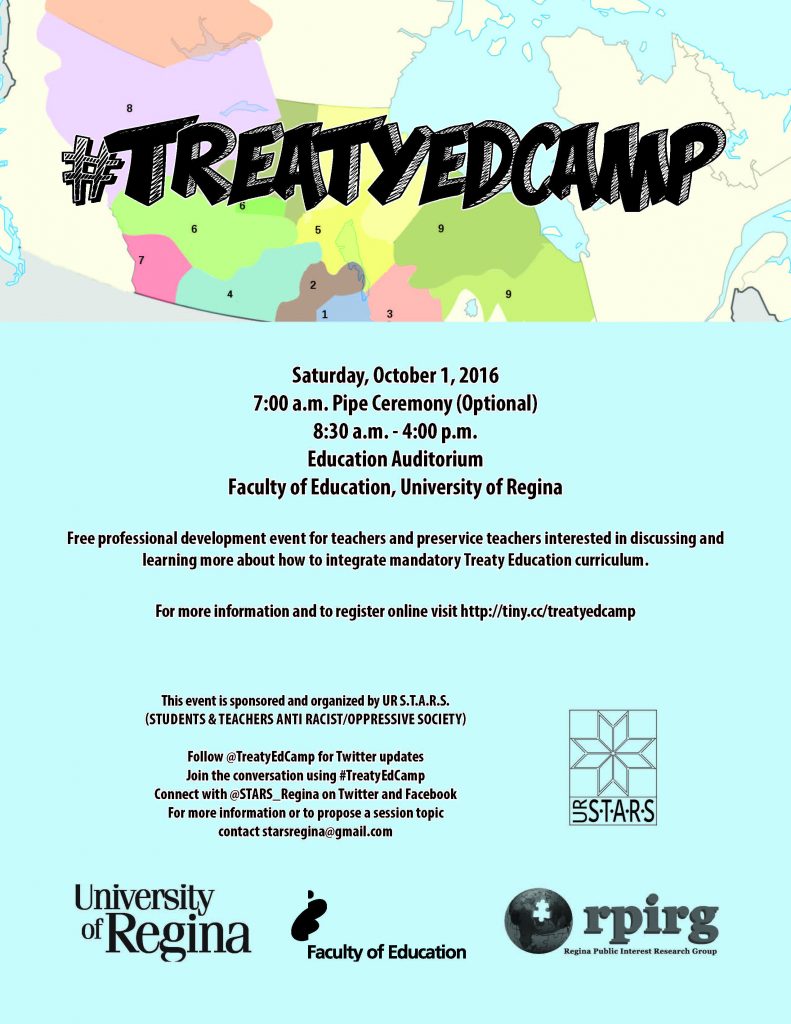Author: Editor Ed News
The Faculty of Education Welcomes New Students
It’s Orientation Day for new students, a day to meet other new students and faculty and a day to find out how to go about being a University of Regina student. The Faculty of Education welcomes our new students! New students attended a morning orientation session where they were introduced to Dean Jennifer Tupper and some of the faculty as well as the Education Students’ Society executive and UR Ambassadors. After the morning session, students met in smaller groups, where they participated in a variety of activities, such as a scavenger hunt (See bottom slide show).
There are activities for all students planned throughout the week so don’t miss out! Follow the ESS on Facebook: https://www.facebook.com/ureginaess/ and Twitter: @ureginaess and follow the Faculty of Education on Facebook: https://www.facebook.com/URfacultyofeducation/ and Twitter: @URFacofEd
The Elementary Education Educators Scavenger Hunt–All the Important Places
Interview with new director of le Bac program
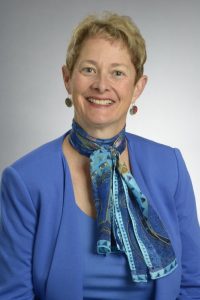
While the home of the Baccalauréat en éducation (le Bac) is the Faculty of Education, the program spaces are uniquely located in the Language Institute Building. Since 2010, the program has flourished under the direction of Dr. Lace Brodgen, who has now moved on to be the founding Dean of Laurentian University’s Faculty of Education. The following is an interview with the new Bac program Director, Dr. Laurie Carlson Berg.
Please provide a short description of le Bac program.
Le Bac (pronounced like back as in “Give yourself a pat on the back”) is the Baccalauréat en éducation française. There is a variety of different programs students can choose to pursue within Le Bac, as we prepare students to teach at the elementary or secondary level in both Francophone and French Immersion schools as well as in Core French classrooms. Students can either begin the 4-year program after completing their high school studies or do an after degree (BEAD) program. It is important to note that le Bac is not a French-language version of programs offered in English by the Faculty of Education. Our program has an important focus on what it means to be a teacher of one of Canada’s official languages in a minority context, be it Core French, French Immersion, or Francophone.
Why is it important to offer the Bac program?
There are a number of reasons, but two that come immediately to mind are linguistic diversity and responding to community needs. First, there is a significant need, not only in Saskatchewan but also in other provinces that actively recruit our students, for more French-speaking teachers. Le Bac provides a welcoming environment for high school students from Core French, French Immersion, and Francophone schools, including Fransaskois schools, to enhance their proficiency in French and to learn how to inspire their future students to learn about French language and the multiple Francophone cultures in the world. In the second year of the 4-year program, students spend 10 months at the Université Laval in Québec City. There, they are fully immersed in a Francophone majority context. We are also building ties with the Wandake First Nation in Québec City so that indigenization can be more fully integrated into each year of le Bac.
In terms of linguistic diversity, Canada is a bilingual nation and having le Bac in the Faculty of Education is part of acknowledging the linguistic plurality in Saskatchewan schools. In my view, having a French presence within the Faculty of Education fosters a greater understanding of, and provides a space for dialoguing about, linguistic and cultural diversity here on the Prairies.
What is your vision as the new Directrice du Bac?
I have three principal priorities as I take on this new role with gratitude namely continuing to focus on indigenizing our program, maintaining and building upon our solid reputation, and continuing our efforts to recruit more students.
Le Bac was the first program to make the Indigenous Education course mandatory. We appreciate the relationships we are building with elders, and how each member of our team has taken on responsibility for indigenizing courses and our annual Bac student professional development event.
Having been part of le Bac team for 17 years, I appreciate the solid reputation le Bac and our faculty have in the community. I strive to lead my energetic team and students to continue to collaborate with our multiple partners throughout the province. As budgets permit, our team endeavors to increasingly model how technology can enhance teaching and learning.
This year, we have the largest enrollment ever and are offering two sections of the first year Educational Foundations course. My goal is to continue to increase the Bac cohort. So far, our only challenge at this level has been finding large enough classrooms.
Any final comments for now?
A warm welcome to new faculty members Heather and Joël and a big shout out to all members of le Bac team for the many ways, big and small, they inspire our students and serve our community with heart!
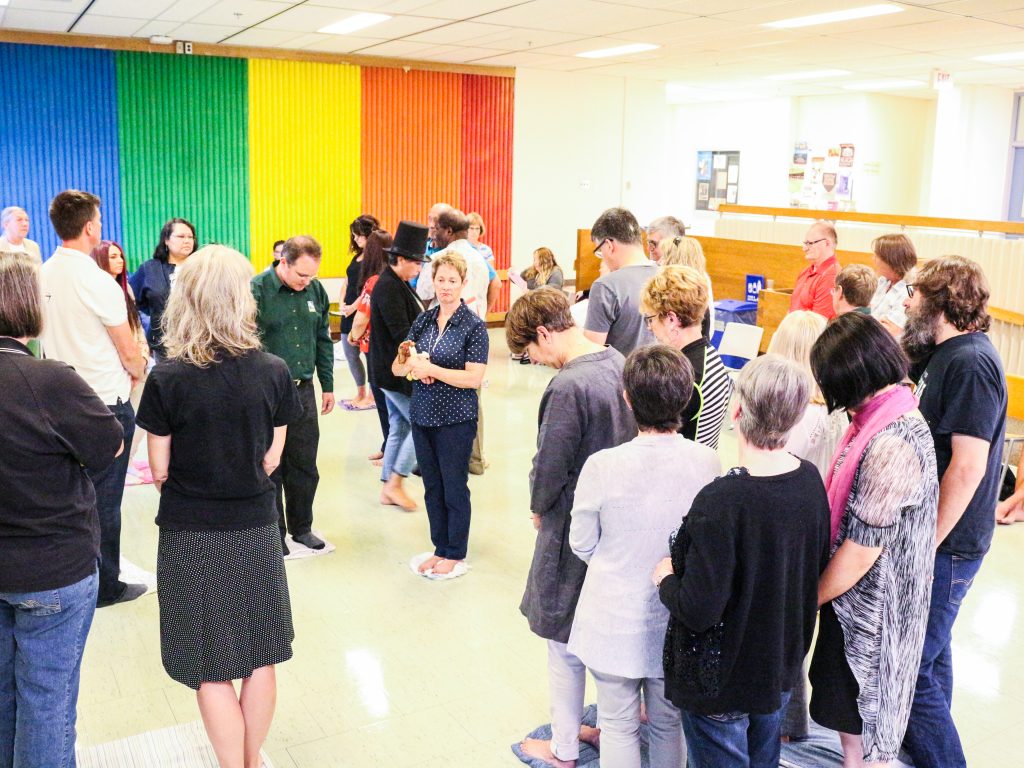
Fall Faculty Seminar – Starting the Academic Year in a Good Way
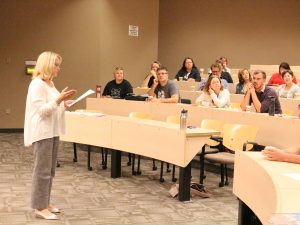
The faculty and staff of the Faculty of Education came together on August 29 for their Annual Fall Faculty Seminar. New faculty and staff were introduced and the past year’s achievements were recognized and celebrated.
One fun tradition in the Faculty is the “Dead Balloon Award,” which is awarded to faculty who achieve their Ph.D. This year’s recipients are Dr. Christine Massing, Dr. Jenn De Lugt, and Dr. Gale Russell. They will share this award, but they won’t hold on to it long, since new faculty Sara Schroeder, Heather Phipps and Jöel Thibeault are close to their defence dates.
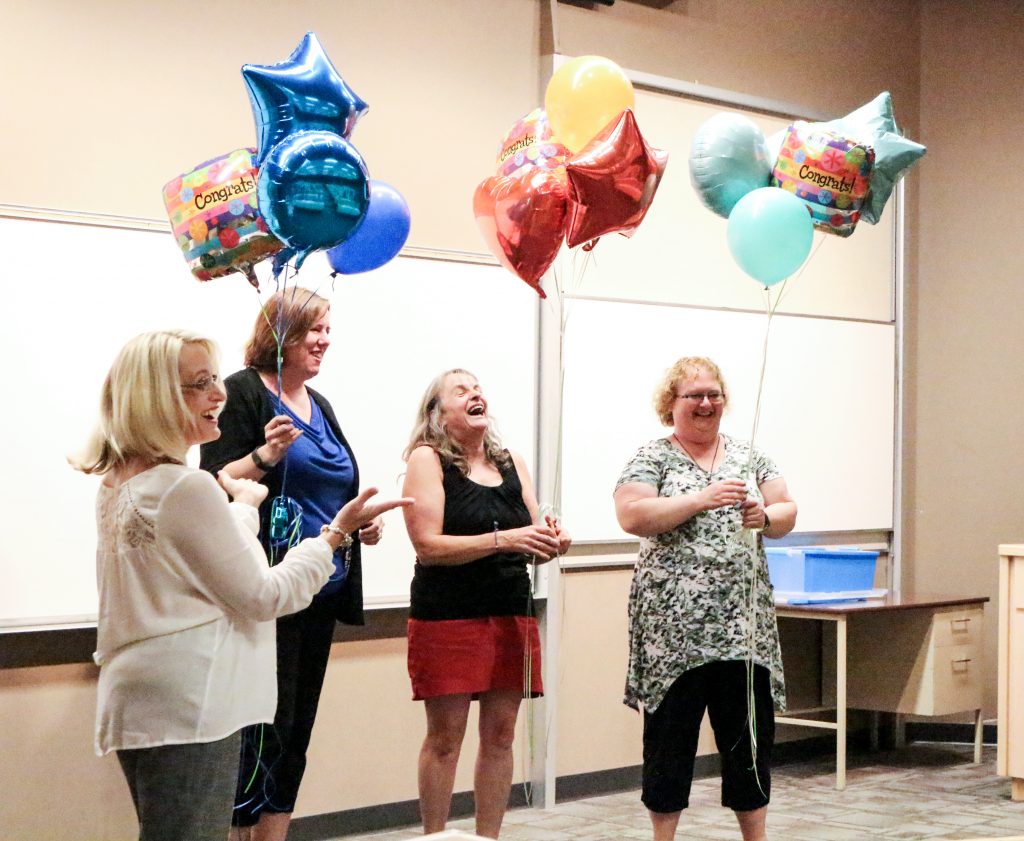
The morning also included the Blanket Exercise, which began with a prayer by Elder Noel Starblanket. Dr. Michael Cappello was the Narrator, a UR S.T.A.R.S. representative assisted with the exercise, and Dr. Shauneen Pete played the role of the European.
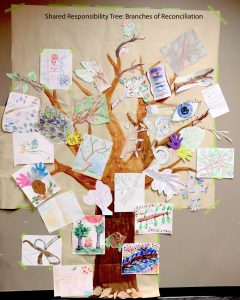
After the Blanket Exercise, faculty and staff had opportunity to express their thoughts and emotions regarding the exercise and the Calls to Action from the National Centre for Truth and Reconciliation. Dr. Jolee Sasakamoose led the group in an Indigenous Expressive Art Therapy activity, which is a therapeutic and reconciliatory approach that has developed in response to the groundwork laid by the First Nations communities within Saskatchewan and through the spiritual guidance engaged with ceremonial practices and protocols.
After lunch, the faculty and staff enjoyed an afternoon of golf followed by a BBQ. (Below is a photo gallery of the day. Slide your cursor over the photo and click on the arrow to see the next photo)
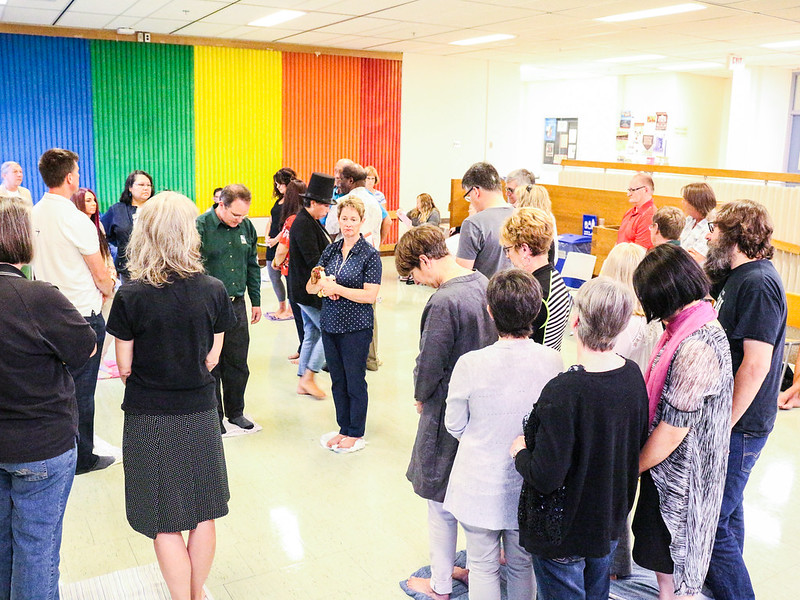
>
Internship Seminar 2016
#TreatyEdCamp 2016
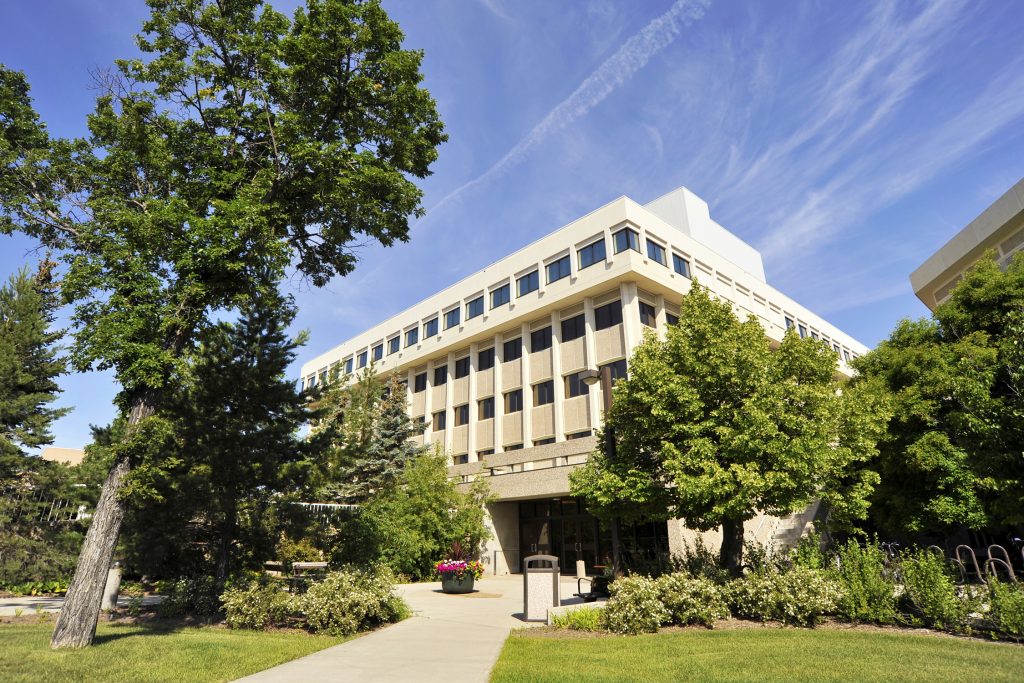
The Faculty of Education invites students, faculty, administration, and staff to a
UR Welcome Back
Faculty of Education Graduate Student Social
Friday, September 9, 2016
5:00 – 7:00 p.m.
2ND Floor Mezzanine, Westside of Education Building
(Closest to Exit from the EdGrad Office)
This is an informal gathering for graduate students in education, including those just beginning their program and those closer to completion. The aim is to provide an opportunity for graduate students to foster collegial relationships both with one another and with those who support them in their studies. The event is also intended to recognize and celebrate the hard work involved in pursuing and successfully completing a graduate program. Please see details below and in the attached invitation.
Food and Refreshments provided
(One complimentary alcoholic drink per person)
RSVP to angela.kampert@uregina.ca by Friday, September 2, 2016
Faculty Member Awarded President’s Research Seed Grant
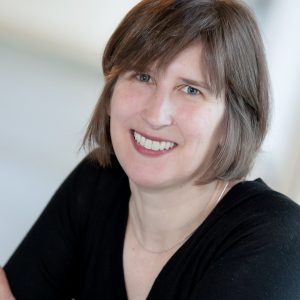 Dr. Kathryn Ricketts has been awarded a University of Regina President’s Research Seed Grant in the amount of $3905.60 for her project Difference and the Arts: Finding New Languages for Curriculum Design. These awards are made to promote research and scholarly work at the University of Regina. Dean Jennifer Tupper writes: “This was a very competitive competition. Kathryn’s success is a testament not only to the quality of her application but also to the value of the proposed research.”
Dr. Kathryn Ricketts has been awarded a University of Regina President’s Research Seed Grant in the amount of $3905.60 for her project Difference and the Arts: Finding New Languages for Curriculum Design. These awards are made to promote research and scholarly work at the University of Regina. Dean Jennifer Tupper writes: “This was a very competitive competition. Kathryn’s success is a testament not only to the quality of her application but also to the value of the proposed research.”
Faculty Member to Present on Keynote Panel at Environmental Education Conference
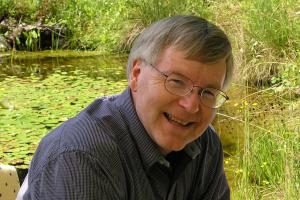 Dr. Paul Hart will be presenting as part of a Keynote Panel for the Research Symposium at the 45th annual North American Association for Environmental Education conference in mid-October. This conference, to be held in Madison, Wisconsin, “will link powerful stories of innovation and success in EE (Environmental Education) from around the world with how environmental education builds community and creates purposeful change.” David Suzuki is listed as one of the Keynote Speakers.
Dr. Paul Hart will be presenting as part of a Keynote Panel for the Research Symposium at the 45th annual North American Association for Environmental Education conference in mid-October. This conference, to be held in Madison, Wisconsin, “will link powerful stories of innovation and success in EE (Environmental Education) from around the world with how environmental education builds community and creates purposeful change.” David Suzuki is listed as one of the Keynote Speakers.
Dr. Hart’s “interactive panel will address the challenges of maintaining and communicating rigor in research from several positions based on panelist’s individual perspectives. Given these diverse questions and perspectives, panelists will create openings for our ongoing discussions of what counts as quality across diverse genres of EE research.”
Faculty Member Receives SSHRC Funding
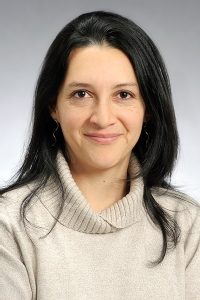 Dr. Alison Molina-Girón who joined our faculty as an Assistant Professor in January 2014 after completing her Ph.D. entitled Educating Good Citizens: A Case Study of Citizenship Education in Four Multicultural High School Classrooms in Ontario from Carleton University in Ottawa, has been awarded a Social Sciences and Humanities Research Council of Canada (SSHRC) Insight Development Grant amounting to $57, 251 for her project Digital Citizenship: Investigating the Civic and Political Engagement of Canadian Youth. Dr. Molina-Girón will investigate the ways in which minority and ‘mainstream’ youth participate in democratic processes in Saskatchewan and examine whether there are differences in the civic behaviours of groups based on their social locations.
Dr. Alison Molina-Girón who joined our faculty as an Assistant Professor in January 2014 after completing her Ph.D. entitled Educating Good Citizens: A Case Study of Citizenship Education in Four Multicultural High School Classrooms in Ontario from Carleton University in Ottawa, has been awarded a Social Sciences and Humanities Research Council of Canada (SSHRC) Insight Development Grant amounting to $57, 251 for her project Digital Citizenship: Investigating the Civic and Political Engagement of Canadian Youth. Dr. Molina-Girón will investigate the ways in which minority and ‘mainstream’ youth participate in democratic processes in Saskatchewan and examine whether there are differences in the civic behaviours of groups based on their social locations.
